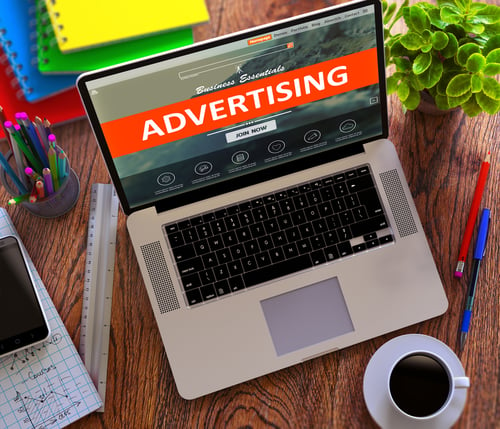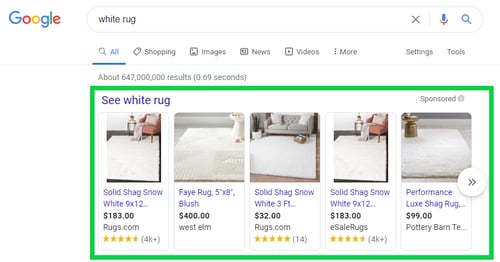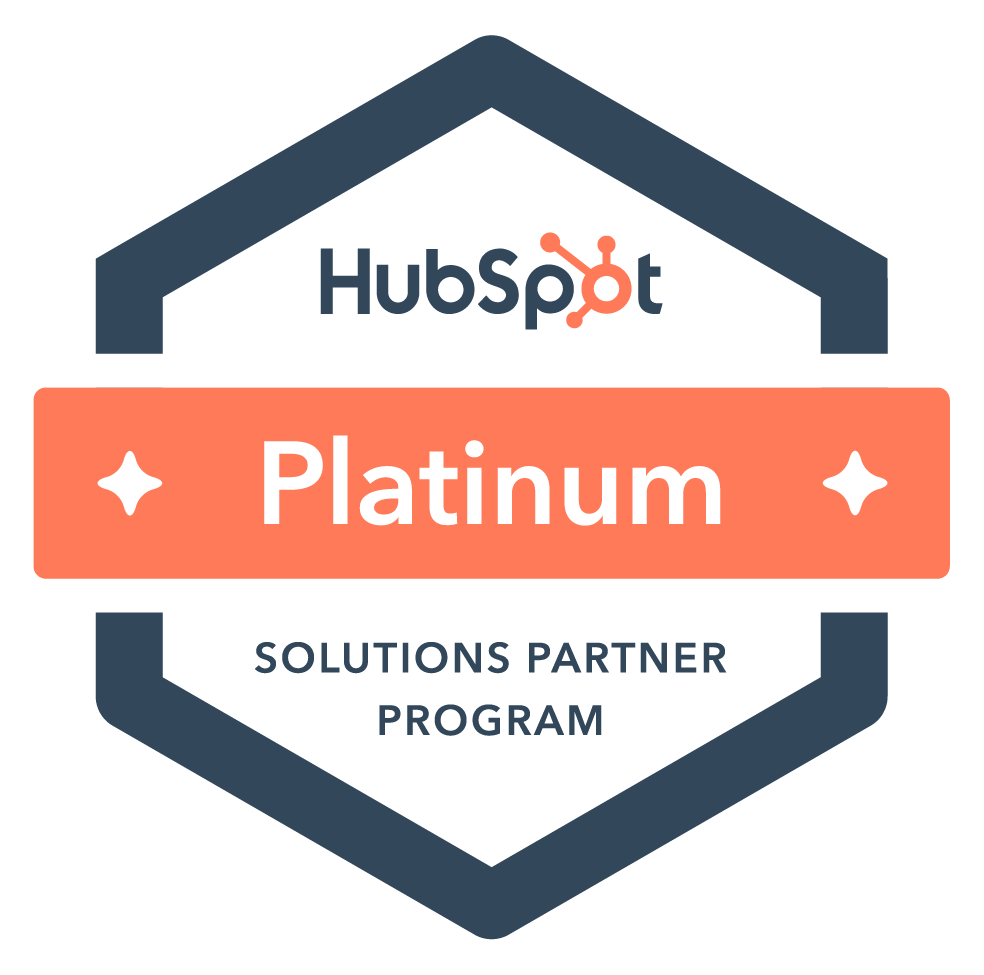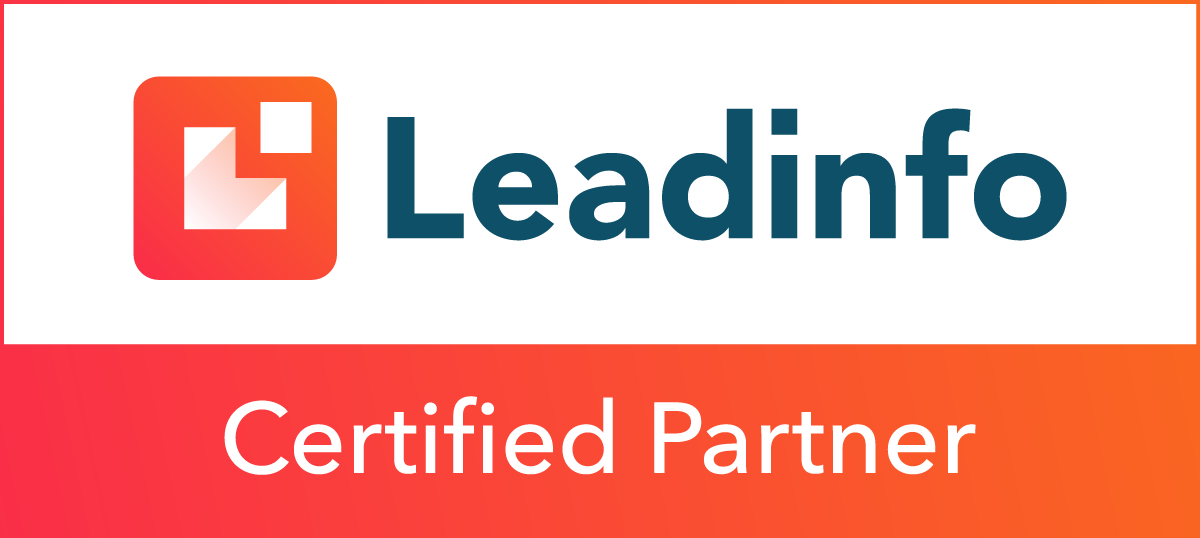
Blog

PPC vs. SEO: When To Pay For Search Engine Rank
When deciding how to divide your digital marketing budget, you want to ensure that you are investing in the pathways that will most benefit your business. Search Engine Marketing (SEM) can be a large component of positioning your company in the online ads-iverse.
Knowing the difference between Pay-Per-Click (PPC) ads and the organic rankings that Search Engine Optimization (SEO) can deliver is the first step in deciding where to spend your marketing dollars. Read about the differences, the similarities, and where to put your money (or save it!) when it comes to SEM.
Let’s first take a look at what SEO is and what it can do for your business.
What is SEO?
According to Google, SEO, or Search Engine Optimization, is the practice of including content on your site that has the potential to improve your site’s visibility to search engines and their users. Basically, good SEO will help your company’s website appear toward the top and more often in relevant searches, resulting in more organic traffic and, ultimately, conversions. Bad SEO can make your website appear toward the bottom and less frequent to users, even when they enter keywords that are extremely relevant to your company! Not optimizing your website for SEO is a sure-fire way to lose leads and potential customers.
Most SEO strategies center around Google because it holds 92.24% of the search engine market share.
Improving your website’s SEO is a multi-step project. Here are some suggestions that will make your site SEO-friendly:
- Writing on website is CLEAR, HELPFUL, and DESCRIPTIVE
- No copywriting or grammatical errors
- Adding multiple internal and external links on every page
- Removing cluttered pages or improving slow loading speeds
Just remember, SEO and your website’s ranking on search engines is ENTIRELY ORGANIC. You CANNOT pay for a high rank on organic search engine results. Search engines scan websites periodically and their algorithms determine rank. The more SEO-friendly your website is, the higher you will rank post-scan!
Want to learn how to rank higher in search engine results? Check out tips on how User-Generated Content (UGC) can assist in SEO ranking here.
Want to see a tried-and-true SEO case study? Click here.
So now that you’ve been briefed on SEO and the importance of search engine ranking, we can talk about PPC ads and why you might want to utilize them.
What are PPC Ads?
PPC, or pay-per-click, is a form of SEM where an advertiser pays a publisher every time a user clicks on an ad. This advertising model allows advertisers to only pay the publisher PER CLICK. This model was created to encourage meaningful interactions with ads on the internet and ensure advertisers get a return on their investment. An example would be Google Ads (previously Google AdWords).
PPC is a method that is largely associated with search engines because advertisers “bid” on search keywords relevant to their target users. PPC Ads are helpful when you’d like your company to compete in a crowded or highly searched market.
In search engine results, PPC Ads appear ABOVE the organic search results. When you use PPC Ads, you don’t have to work as hard (or at all!) on making your website SEO-friendly.
To clarify, PPC ads on search engines are PAID SPOTS above the organic search results when relevant keywords are searched.
When you purchase PPC Ads, you choose (or have the search engine generate) keywords and when a user enters those keywords, your ad will appear. When the user sees your PPC ad appear, believes it to be relevant to their search, and clicks on the ad, you pay the search engine money. It doesn’t matter if that user instantly exits your website or doesn’t ever become a lead, you will still pay the search engine.
As you can see, PPC Ads and SEO are pretty different. However, there are pros and cons to each.
SEO Advantages:
- Improving SEO is cheaper - while appearing in organic search results is free, improving your SEO takes time and money. You may need to hire an SEO expert to really see some results. However, once you learn SEO tools, your website can see some really amazing benefits.
- Increases Trust - users TRUST brands that appear high in organic results. It establishes your brand as an authority in your market. High SEO means that you are the most relevant choice when it comes to the keywords users enter. And, you most likely are!
- Stability - organic search engine rank is going to result in some pretty stable website traffic numbers. If you are consistently improving your website’s SEO, you will even see stable improvement in traffic. With PPC, once the ads end, you will see a large drop in website traffic because you stop appearing in search engine results.
SEO Disadvantages:
- Lack of Consistency - sadly, search engine algorithms change. That means, after a big change, your website is probably not going to rank as high as it once did. Keeping up with algorithms can be a tricky and time-consuming process.
- Takes Time - there are very rarely immediate results when attempting to improve SEO. Search engines have to scan and put your website’s pages through their algorithm before ranking them. New sites and new domains may also struggle because search engines have to establish their legitimacy.
PPC Ad Advantages:
- Always At The Top - when running PPC Ads, your website’s ad can appear at the very top of results - assuming you bid high enough. Your target audience will see your website first, every time.
- Fast Results- PPC Ads deliver. While SEO strategy can take months to see results, PPC Ads take effect immediately. This can be beneficial when you want attention on specific marketing campaigns or want to establish your company in SEM ASAP.
- Analytics and Testing - PPC allows you to set extremely precise target audiences, which makes testing easier and faster. You can analyze the data from your advertising and apply it to your future marketing efforts.
PPC Ad Disadvantages:
- Expensive - PPC Ads will cost you, no matter what. Depending on how competitive your market is, PPC Ads can really take up an entire marketing budget. Also, if you decide that you want an agency or freelancer to manage and create your ads, that is another cost to you.
- Lack of Stability - PPC Ads go from 0-100, real quick. Your website will drop far, far down in ranking once your ads end. This could be a problem if you want to continue to see the traffic or leads you had before you ended the ads.
- Limited Control - keywords are tricky, and your ad’s copy could be extremely similar to your competitors - which means you have limited control over what your audience sees and what they decide to pass over.
SEO vs. PPC: Which is Better?
That's entirely up to you.
Here at adWhite, we recommend taking an integrated Search Engine Marketing approach. Having a SEO strategy alongside a steady, well-built PPC Ad campaign is going to make use of the best parts of each SEM option. When combining the two, SEO and PPC Ads can double the amount of visibility that you can get in search engine results. This increases your brand's online visibility and presence. Analyzing data from both organic traffic and paid traffic will help your marketing team determine which keywords work, and nail down your target audience in order to create conversions and help your business grow.
Ready to generate leads and increase visibility? Contact the experienced, Google Ads certified digital marketing team here at adWhite.
Subscribe to email updates
Related Articles

Topics
Topics

Topics








